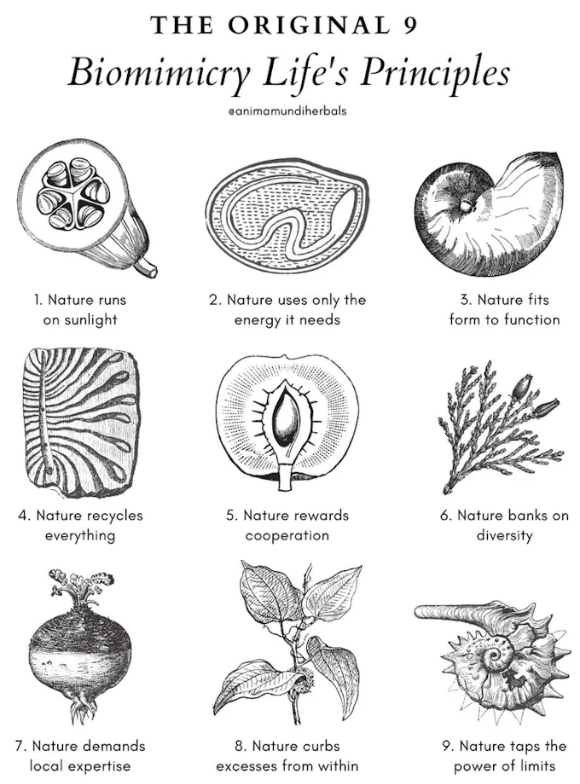August 8, 2025
Learning
What if AI incorporated the ethical principles found in nature?

Image via Anima Mundi Herbals
As artificial intelligence advances it raises serious ethical and environmental concerns. Researchers at University of Akron have proposed a new vision for AI inspired by nature.
In a recent paper they call for a biomimetic, ethically grounded approach to AI — one that learns from nature’s evolutionary solutions. They argue that AI designed this way would be more energy-efficient, responsible, and connected to ecological systems.
The study suggests that many problems with AI could be solved through a more "ecological" design, shaping how systems are built and how they interact with people. It cites, for example, work from University College London and UNESCO showing that small changes in how large language models calculate could greatly reduce energy use.
The researchers go so far as to suggest that AI can be programmed to reflect ethical values such as empathy, cooperation, and humility — qualities, they say, that are found in natural partnerships.
“Current AI systems prioritize scale and speed, but often overlook sustainability. The human brain, by contrast, runs on the equivalent of a low-wattage light bulb — yet performs incredibly complex tasks. If we can better understand and emulate natural computation, we can potentially design AI that is just as capable but far more energy conscious.”
“We’re not just thinking about whether AI can do what humans do; we’re thinking about how it should behave. Should it cooperate? Should it respect boundaries? Should it serve not just human needs, but ecological balance?”
ARTICLE: Biomimicry: A Promising New Framework for Ethical AI
RELATED ARTICLE: Biomimicry Explained: Quieting Our Human Cleverness




